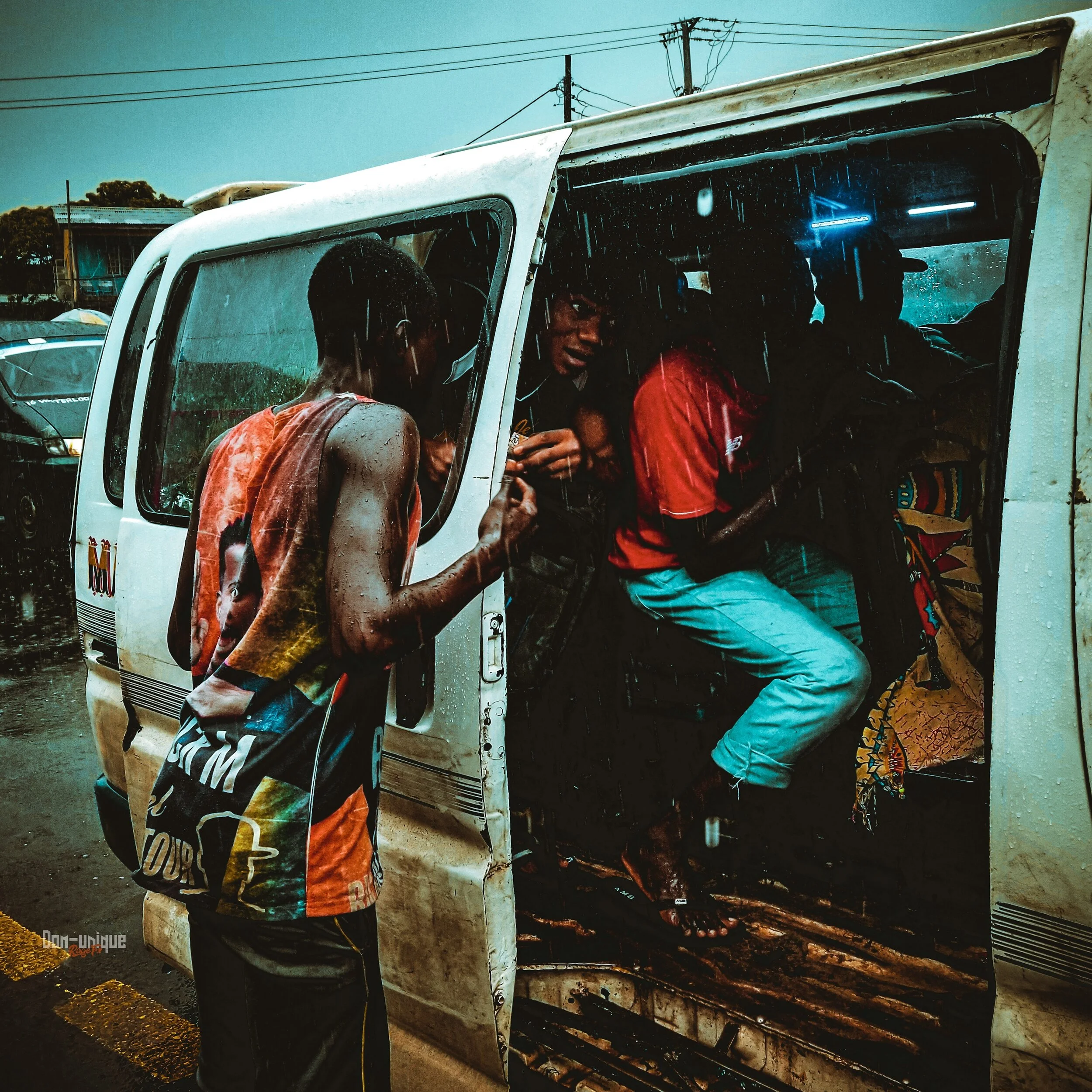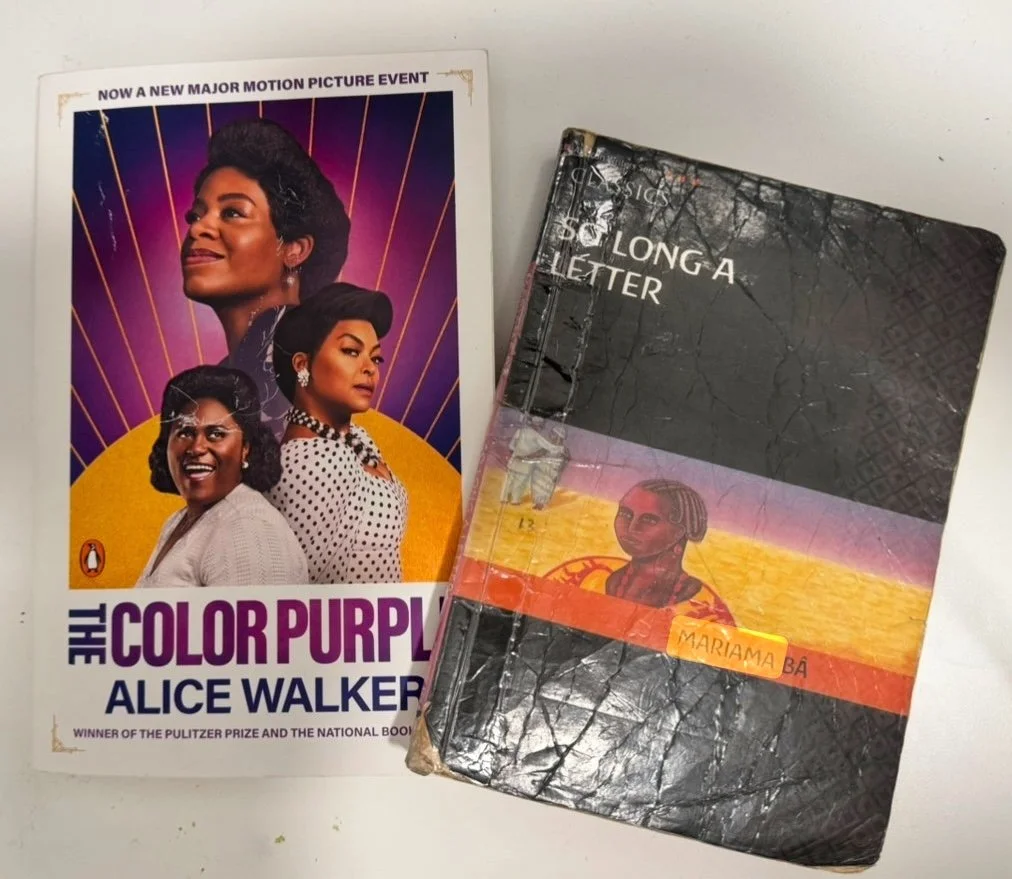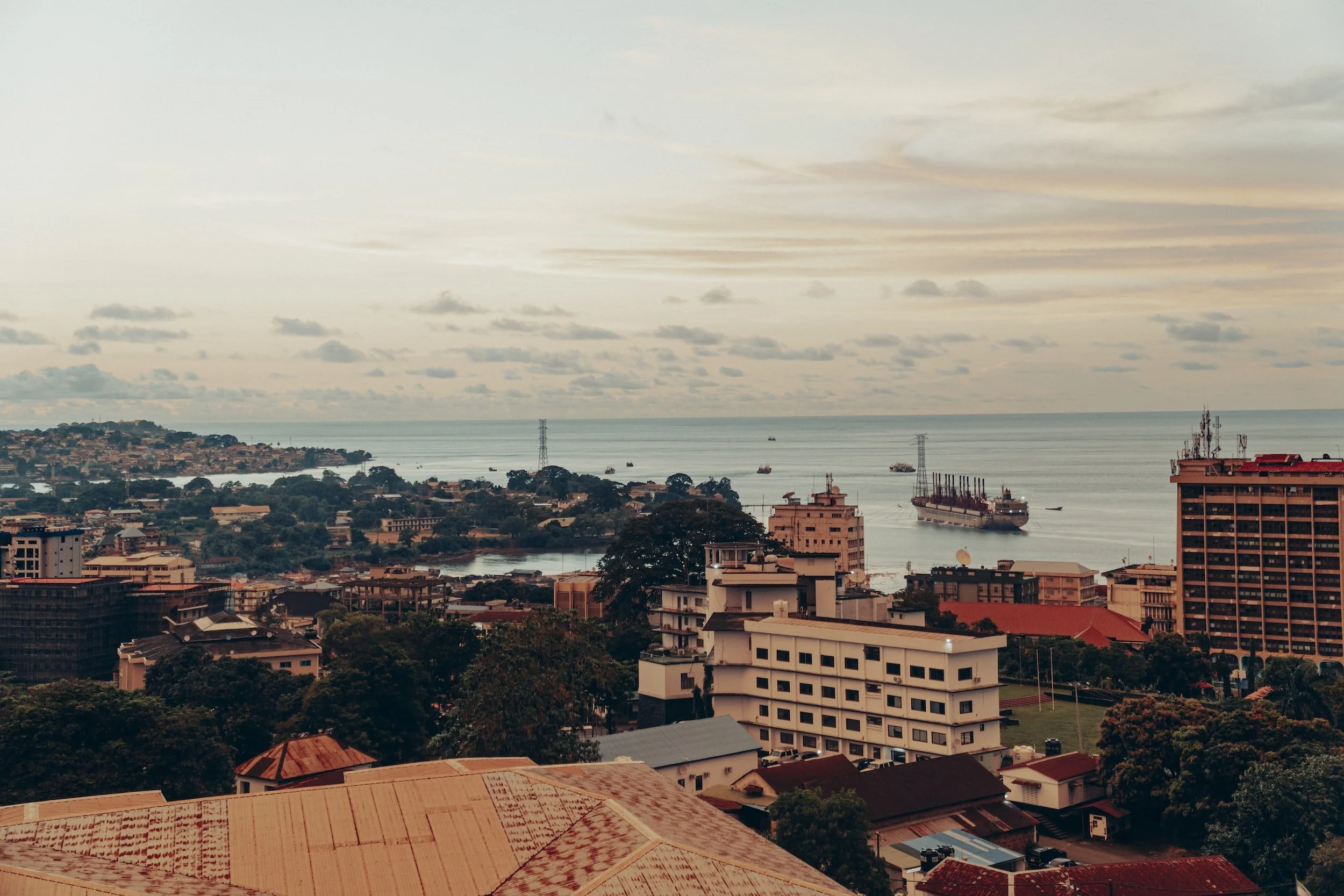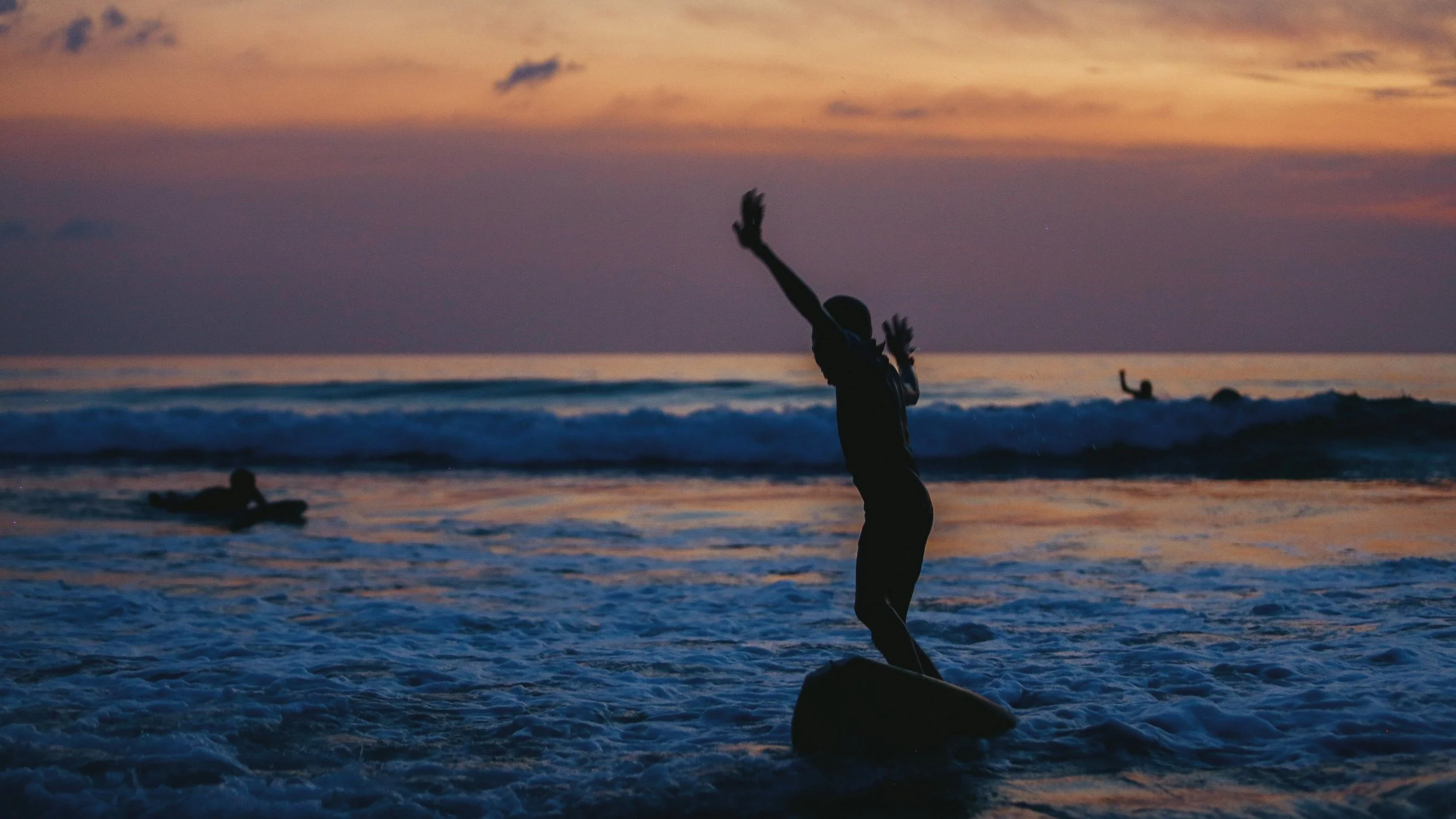Album Review: The Hip-Hop Intellectual: A Review of Kao Denero’s ‘Heroes’ Album
by Paul A. Conteh
Sierra Leonean rapper, Kao Denero, released his album titled "Heroes" early in May 2024. In this 15-track album, the rapper showcases his storytelling skills, lyrical ability, poetic flow, and intellectual maturity.
Within the album, six songs integrate themes of Pan-Africanism, Black Nationalism and Black Consciousness among other things.
In the lead track, Think About It, Kao addresses the African struggle. He incorporates a South African melody into the background music, as South Africa was a significant hub of the black struggle during the Apartheid era. He also connects the African struggle to other countries that were colonized by Western powers. This is why for example, he gave a shout out to Che Guevara.
The songs Sheku and Strasser are a symbolic representation of the Mano River Union in the African narrative. Kao mentions these two names to provide some rationale for military rule, which is something that Western powers publicly oppose but sometimes support clandestinely. Although I disagree with Kao's messaging in those two songs, I have to remind myself that the hook for the Heroes song has a reference line "my heroes", which infers that the two are Kao's personal heroes.
I believe that the track, Coming to America establishes Kao as a skilled storyteller. Here, Kao portrays a character who challenges stereotypical images of poverty, disease and war on the African continent. The song was inspired by the classic movie of the same name featuring Eddie Murphy.
Ghetto Africa deals with common themes of the African struggle like success stories, and opposition to western imperialism. The rapper uses vivid imagery to paint a picture of the typical African struggle. In one of the success stories referenced in the song, he praises Kagame and his efforts to rebuild Rwanda, a country that was once ravaged by war.
Finally, in the album’s titular track, Heroes, Kao pays homage to three influential figures from the black diaspora: Thomas Sankara, a military leader; Steve Biko, an anti-apartheid activist; and Bob Marley, a reggae artist. The song consists of three verses with each dedicated to one of Kao's black heroes. Within each verse, Kao highlights the impact of another black hero who was inspired by or influenced the hero being praised i.e. Thomas Sankara = Captain Traore, Steve Biko = Malcolm X, Bob Marley = 2 Pac etc.
Kao's new project is a return to the original roots of rap, heavily influenced, I believe, by Nas and the Wu-Tang Clan.
For this afro-fusion-infused hip-hop project, Kao Denero worked with six producers: Lord Moe, Mic Junho, Bash Beatz, Dan Kahn, Gideon, and Mad Naija. Additionally, the rapper collaborated with a group of rappers and singers, including K. Man, Shatta Wale, Fine Face, Stex, Street Vibez, and the emerging soul sensation, Keltony.
With an average song length of four minutes, this album can be streamed on Spotify, Audiomack, YouTube, and SoundCloud. It exemplifies classic Kao Denero style in terms of lyrics, storytelling, flow, punchlines, and production.
I am thoroughly impressed with the intellectual depth of the album. Kao just provided a comprehensive history lesson on many of our black heroes in Africa and the black diaspora. Apart from Kagame of Rwanda and Captain Traore of Burkina Faso, most of the black heroes have already passed away. It makes me wonder, who are our new black heroes?
Paul A. Conteh is a lecturer in the Department of Sociology & Social Work at Fourah Bay College, University of Sierra Leone. He is also a member of Hip-Hop Ed, a global movement that reimagines the relationship between hip-hop and education. In addition to his work in higher education, Paul is an agribusiness owner, communications consultant, and development professional.









